Eggs are incredibly important to cooks, and not just because they're tasty and a complete protein (many erratic genius/artist types make a point of eating an egg or two for breakfast). Yes, they are great when perfectly poached, scrambled, hard-boiled, and even scram-boiled, but they serve literally dozens of functions when used in recipes, especially baked goods.
Michael Ruhlman writes: "The egg is a lens through which to view the entire craft of cooking," and he goes on to point out that they serve multiple functions: as an emulsifier, leavener (specifically, the egg whites, when seperated and whipped to peaks), binder, and enricher (specifically, separated egg yolks).

This raw egg had its shell removed with vinegar ([http://science.wonderhowto.com/how-to/turn-shelled-egg-into-bouncing-translucent-ball-267339/ a fun science experiment for the kids]), but its membrane is still intact.
As great as eggs are in life, what do you do if you can't eat them? Whether it's because of allergies or dietary rules, how can you make cake, cookies, bread, pastries, or aioli without them? Turns out, there are a lot of things you can use as substitutes for eggs, and here are just some of them, in no particular order.
#1. Flaxseeds
Flaxseeds, naturally high in omega-3s, are touted as a superfood, and rightfully so. But when ground up and mixed with water, flaxeeds are also an eerily accurate egg replacement. Care2 has two methods:
- To substitute for one egg, mix 1 tablespoon flaxseed meal (ground-up flaxseeds) with 3 tablespoons water or other liquid. Stir and let sit until the mixture gets gelatinous.
- They also say you can put 1 tablespoon of whole flaxseeds in a blender, grind them up, then add 4 tablespoons of water and blend them some more until gelatinous.
I've used the first method a lot, and I recommend mixing together ground flaxseed meal and room-temperature water (I feel like the cold inhibits the gelling process) and letting it sit for a few minutes before whisking or stirring it. Brown or golden flaxseed is fine, but most people prefer the golden variety because the color is closer to that of an actual egg.

A really good high-speed blender or coffee grinder will work to meat fresh flaxseed meal.
Why does this work? Well, the epiderm of the flaxseed contains quite a lot of mucilage, or gel-like material. Once it's drawn out by being ground up, its hydrocolloid (i.e., colloid particles dispersed in water) nature means it will form a gel once it has contact with liquid. Many other foods are hydrocolloids, including tapioca and potato starch.
Flaxseeds have a nutty, earthy taste, so they're great in hearty baked goods. For something more delicate, they may overwhelm other flavors. They also contain a lot of oil, which can go rancid, so make sure to store them in your refrigerator when you're not using them. For the same reason, it's best to grind whole flaxseeds into meal when you need it, but I've used pre-ground flaxseed with good results, as long it was kept in cold storage.
#2. Bananas
A very ripe, soft banana, when mashed, works to replace an egg in most baked goods, from pancakes to quick breads. It binds the ingredients together because of its high moisture content as well as enriching the flavor because of its creamy texture.
However, bananas do have a distinct taste and a lot of natural sugar, so I'd advise using bananas in mostly sweet recipes. Post Punk Kitchen recommends subbing in ½ of a smoothly mashed or blended banana for every egg in your recipe.

A defrosted frozen banana, pureed or mashed, also works as an egg substitute.
One bonus of using a banana is that its natural sugars caramelize in high heat, which means your quick breads and pancakes will usually develop really lovely crunchy brown edges.
#3. Tofu (Or Soy Yogurt)
Tofu works to replace eggs in many savory dishes, including scrambles and egg salad. You can add turmeric or curry to mimic the yellow color of scrambled eggs and also up the healthiness quotient of your recipe. I like firm and extra-firm tofu in scrambles and eggless salad and the silken varieties in baked goods.

Not just for vegans: tofu scrambles, when properly made, are extremely tasty.
The high moisture level and accommodating character of tofu make it a good binder in baked goods. Its delicate flavor means it will let other ingredients stand out, while it adds texture and a rich mouth feel.
Chef in You recommends using ¼ cup of silken tofu, well-blended, as a substitute for one egg in baked goods. They also recommend mixing it with other wet ingredients before incorporating it back into the batter so it will blend thoroughly.
You can also use soy yogurt to replace eggs in the same proportion as you would tofu.
#4. Applesauce, Other Pureed Fruits, & Mashed Sweet Potatoes
These ingredients have the same advantages of bananas when used as egg substitutes. They also have the same quandary in that applesauce or pureed peaches are going to lend a distinct flavor to whatever you're making. These are best used in sweet recipes, and the usual guideline is to use a quarter cup of pureed fruit to sub for one egg.

Applesauce.

Mashed sweet potatoes.

Applesauce.

Mashed sweet potatoes.
#5. Chia Seeds
Chia seeds went from being the butt of jokes to being the current darling of the health crowd. They are incredibly high in fiber and other nutrients, and, like flaxseeds, have a viscous character that makes them perfect as an egg substitute. Treat them as you would flaxseeds and use the same proportions to sub in for an egg.

Ancient tribes used to carry chia as a quick source of energy when they were on the move.
#6. Ener-G Egg Replacer
This pre-packaged egg substitute made of potato and tapioca starches and food gums can be used according to the directions on the back. It acts much as flaxseed does, since its main ingredients are also hydrocolloids. I personally think it has a weird aftertaste, but I have friends who love it and rely on nothing else.

Ener-G brand Egg Replacer.

Directions for use and recipes.

Ener-G brand Egg Replacer.

Directions for use and recipes.
#7. Mashed Potatoes, Oatmeal, Rice, or Tomato Paste
For savory recipes, good ol' mashed potatoes will act very well as a binder. This works great in homemade veggie burgers. Chef in You also says cooked oatmeal and rice as well as tomato paste work in savory dishes, too. I'd say use as little as ¼ cup to ½ of each ingredient, being sure to stir well and taste along the way.

Vegan mashed potatoes and "turkey."
#8. Leaveners (Baking Powder)
If you have a recipe that really needs to come out light and fluffy, look no further than baking powder and water. It will give your recipe the lift that you need, although baking powder can carry a distinct taste.

If your recipe calls for multiple eggs, baking powder is great.
PETA recommends 2 teaspoons of baking powder mixed with 1 tablespoon of neutral cooking oil and 2 tablespoons of water for every egg. Chef in You recommends mixing 1 tablespoon each of vinegar and water and then adding 1 teaspoon of baking powder for every egg, but only using this substitution in recipes that call for multiple eggs, like cakes.
#9. Buttermilk & Yogurt
Ingredients like buttermilk and yogurt, because of the acid they contain, will act like leaveners, especially if you have baking soda or baking powder in the recipe, too.

This homemade buttermilk yogurt combines two types of acidic dairy and would make an excellent egg substitute.
I love using these ingredients to replace eggs because they add a tangy richness to recipes that work for sweet or savory dishes. Plus, the results are generally very moist and flavorful. I use about 1/3 of a cup of buttermilk or yogurt per egg, although some cooks recommend using ½ a cup.
#10. Blood—Yes, Real Blood
Yes, blood. The Nordic Food Lab discovered that animal blood is a viable substitute for eggs in all kinds of dishes, even ice cream. The protein composition in blood is very close to that of eggs, which is why both coagulate in similar manners.

Blood, when whipped, will form peaks in the same manner as egg whites.
And while the idea may make many people blanch in horror, keep in mind that using blood is a lot less wasteful by making use of the entire animal. If you're interested in giving this a whirl and have a well-stocked butcher's nearby, the amount is 2.3 oz/65 grams of blood for one egg, and 1.5 oz/43 grams for one egg white.
What do you use as an egg substitute?
Cover images via The Nordic Food Lab and Shutterstock





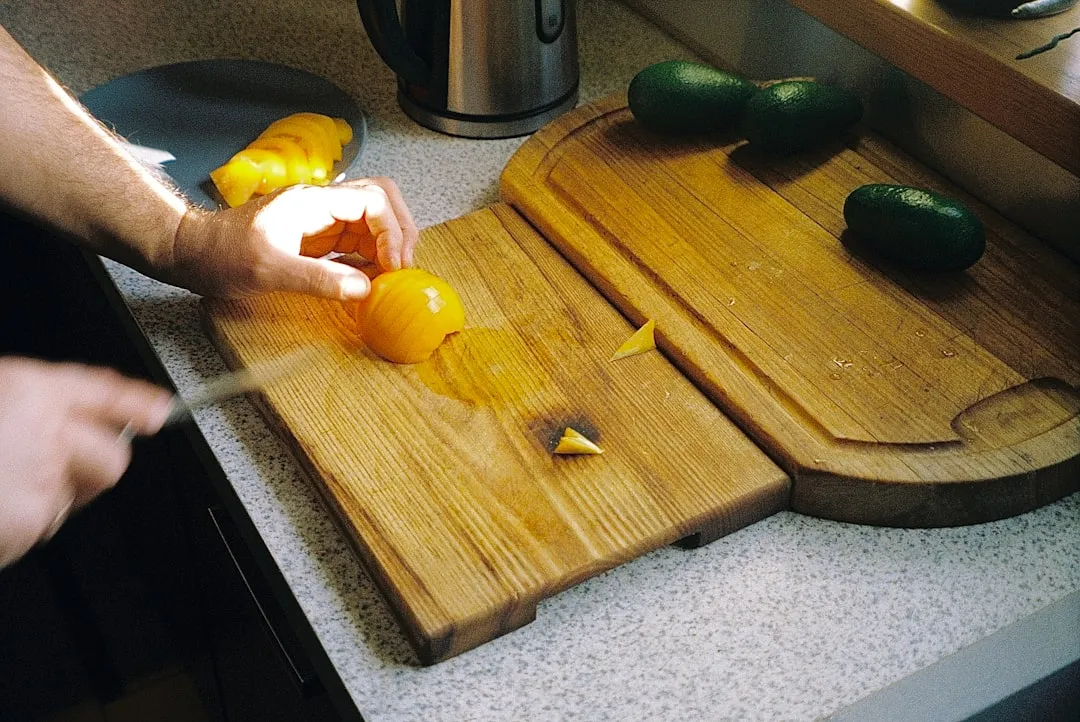
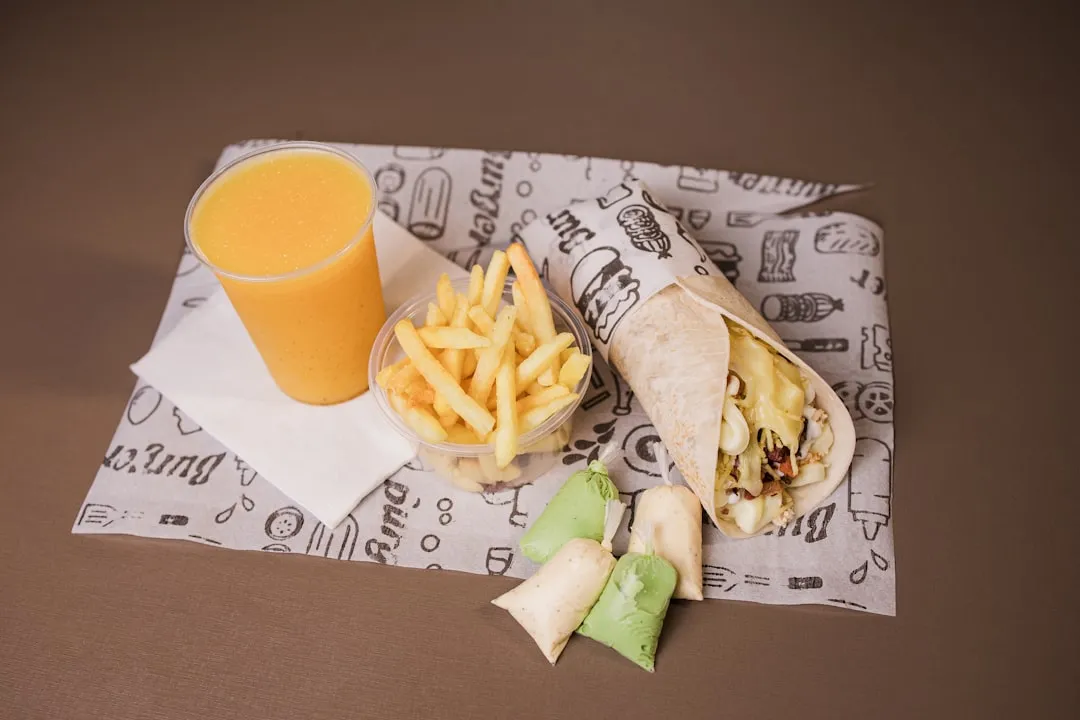

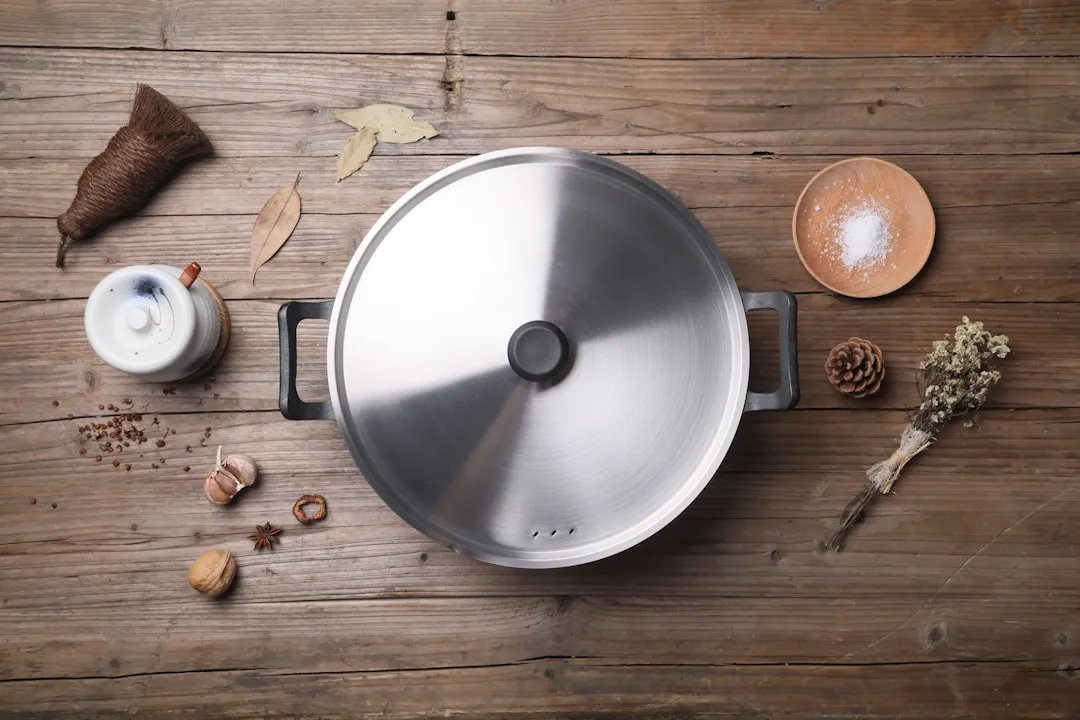
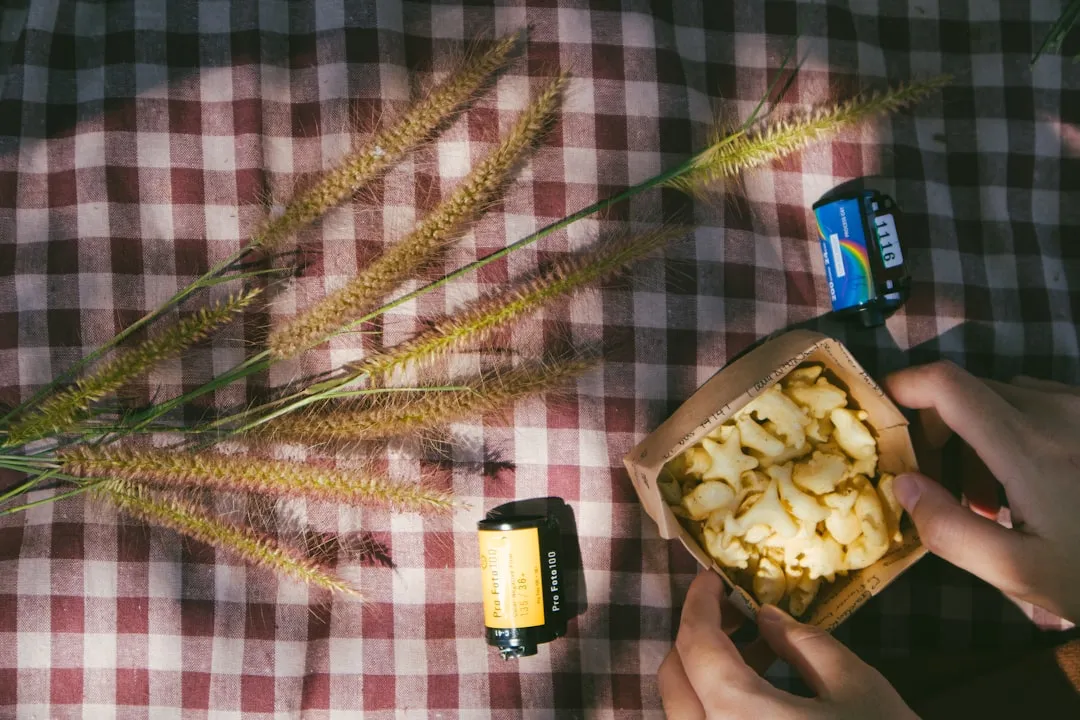
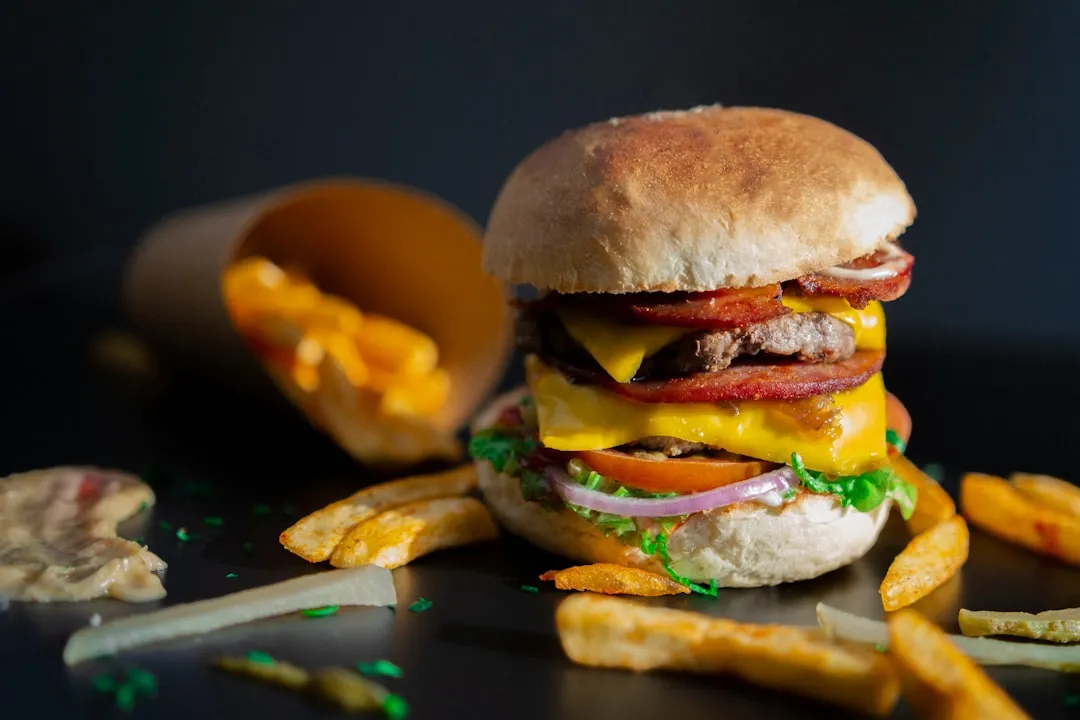

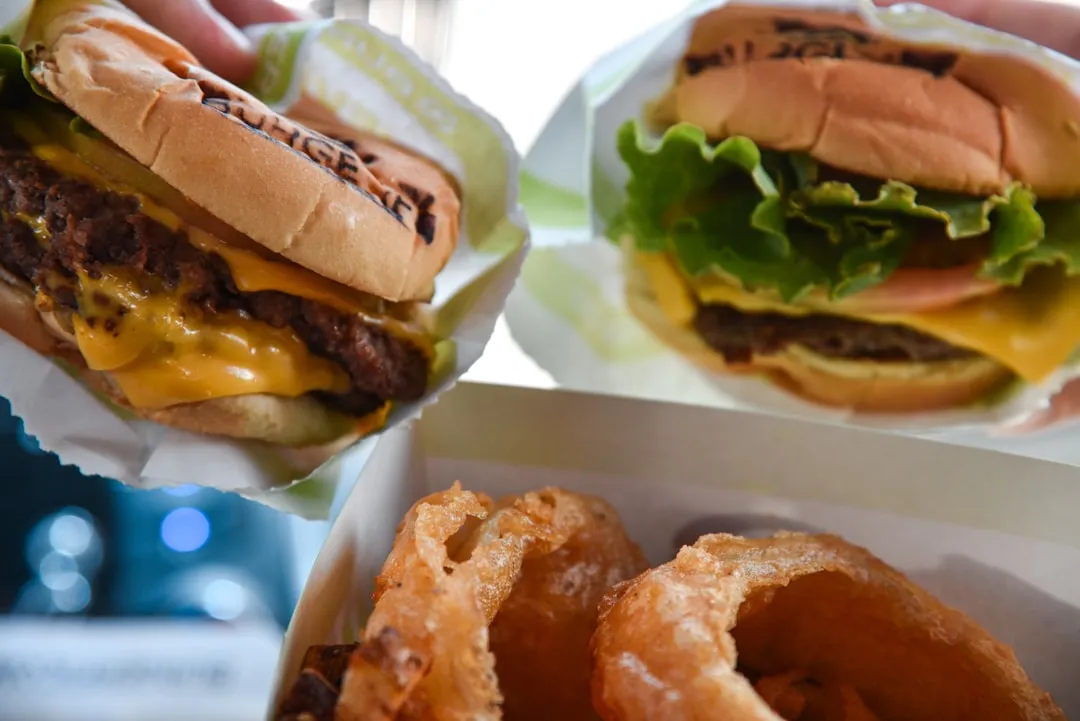

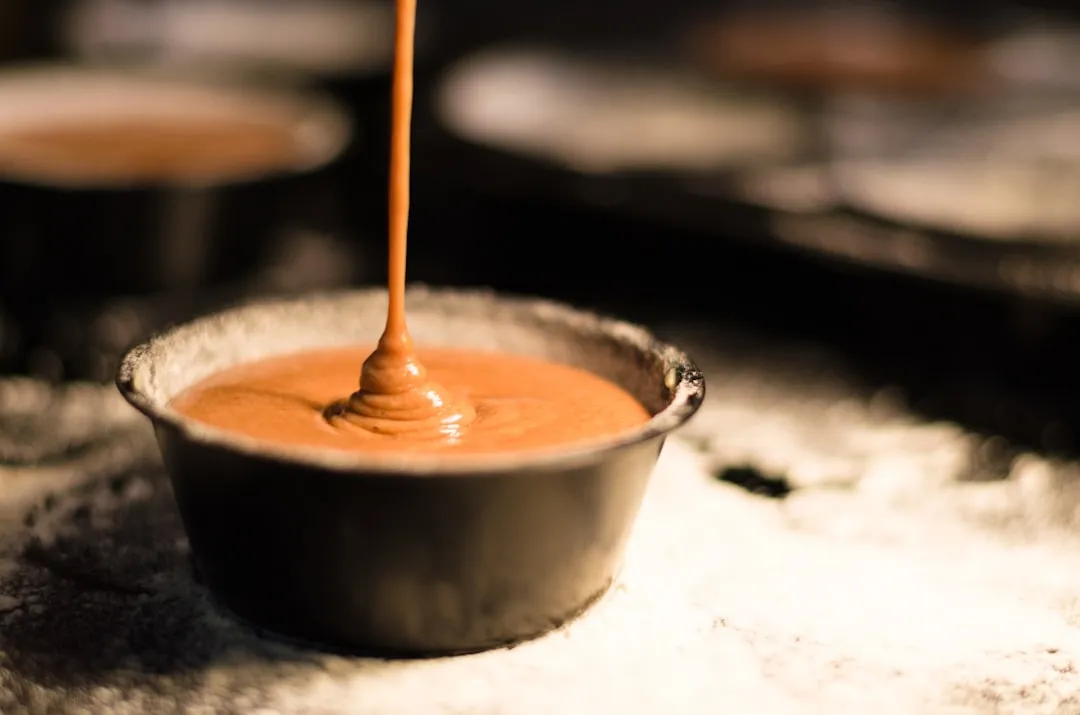

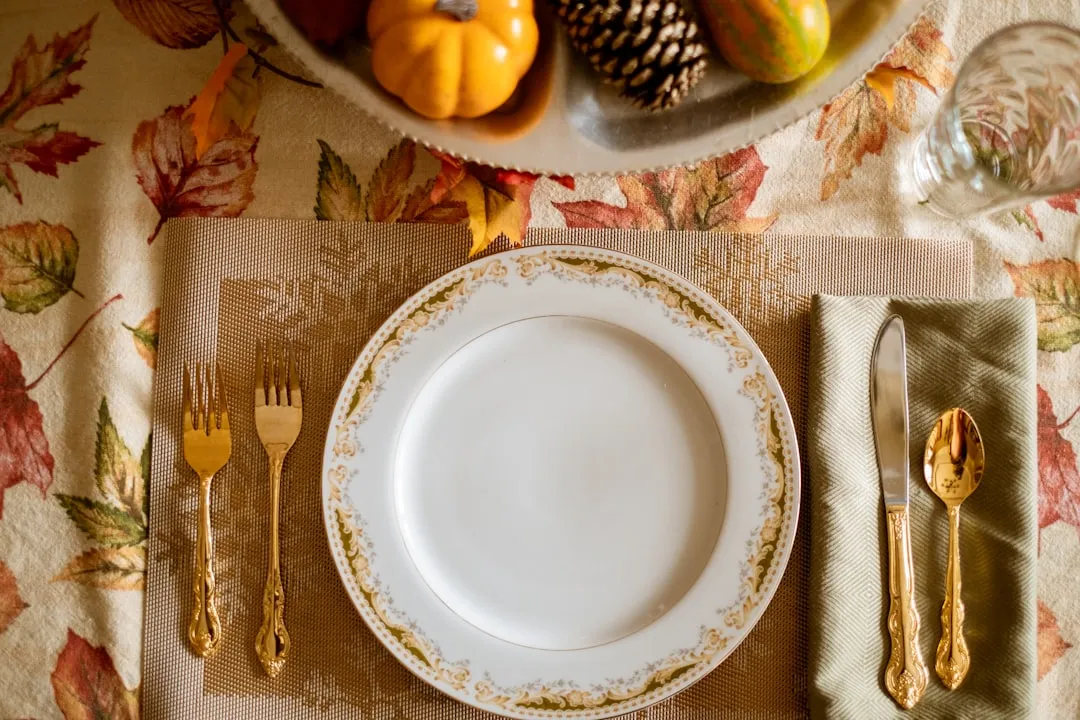
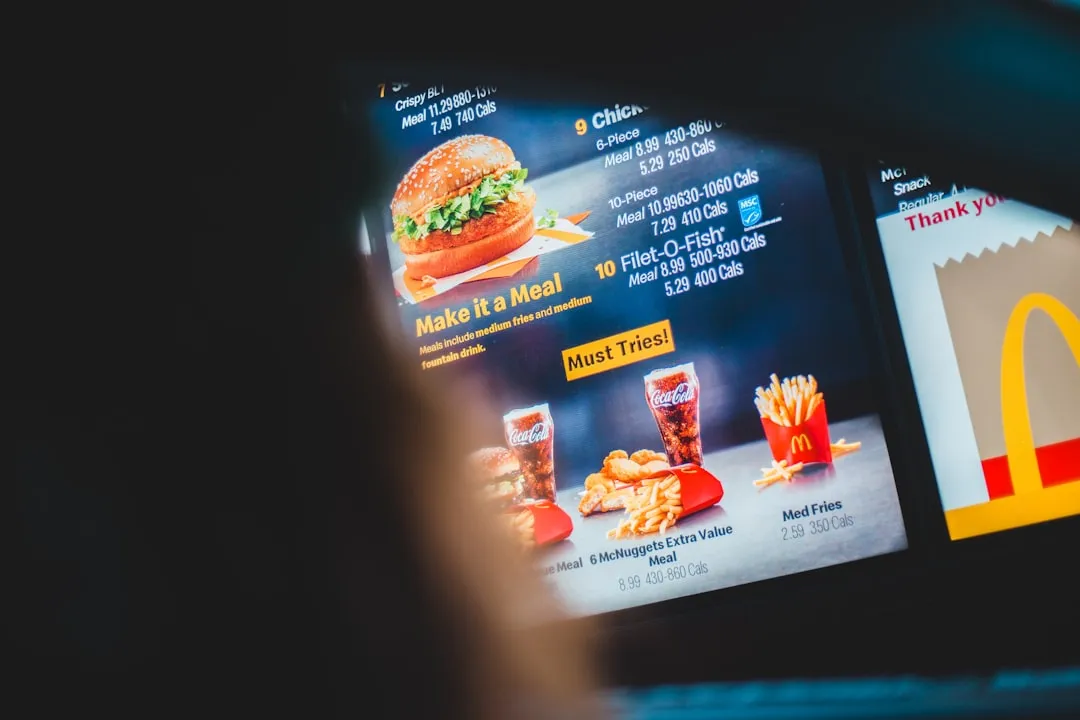

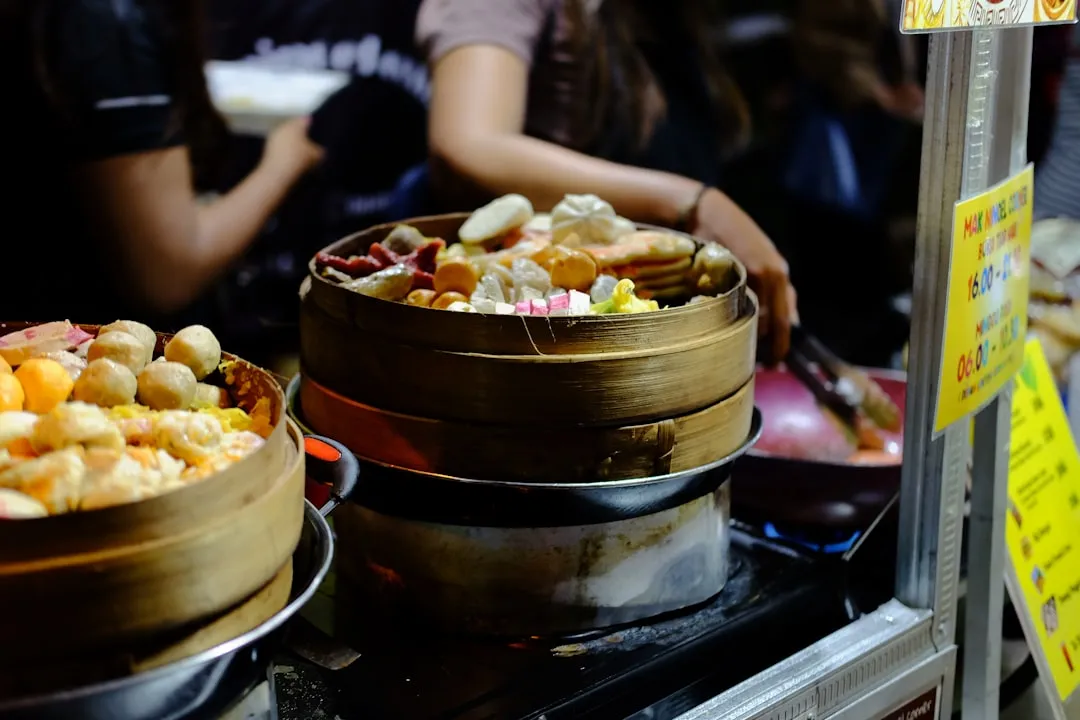
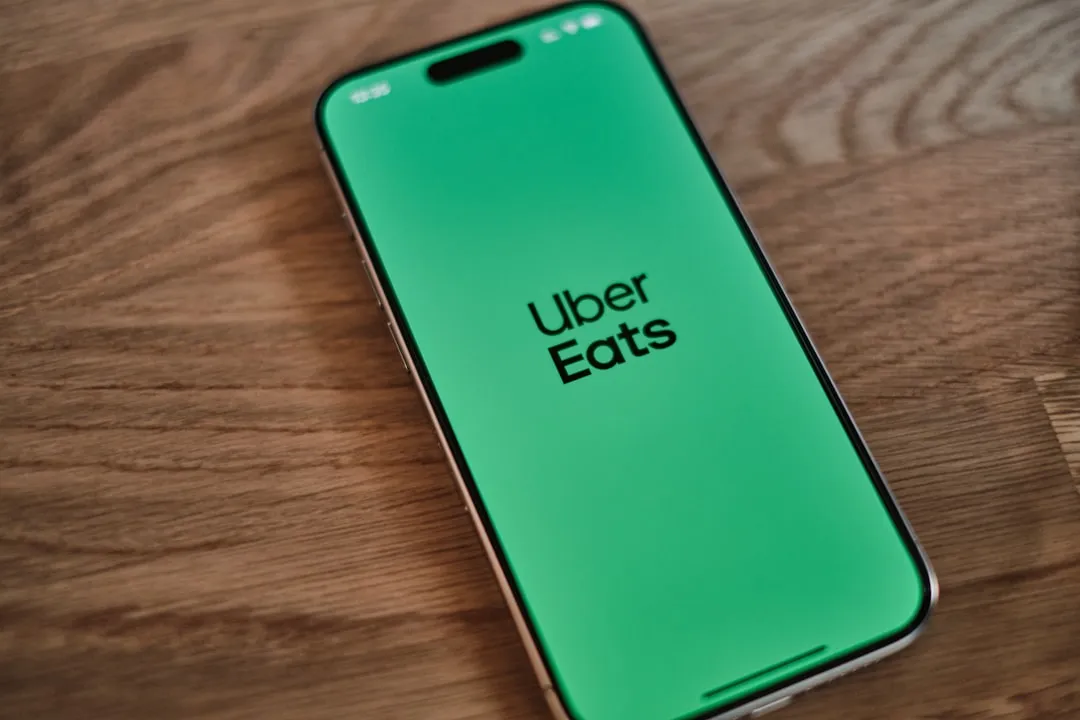




Comments
Be the first, drop a comment!